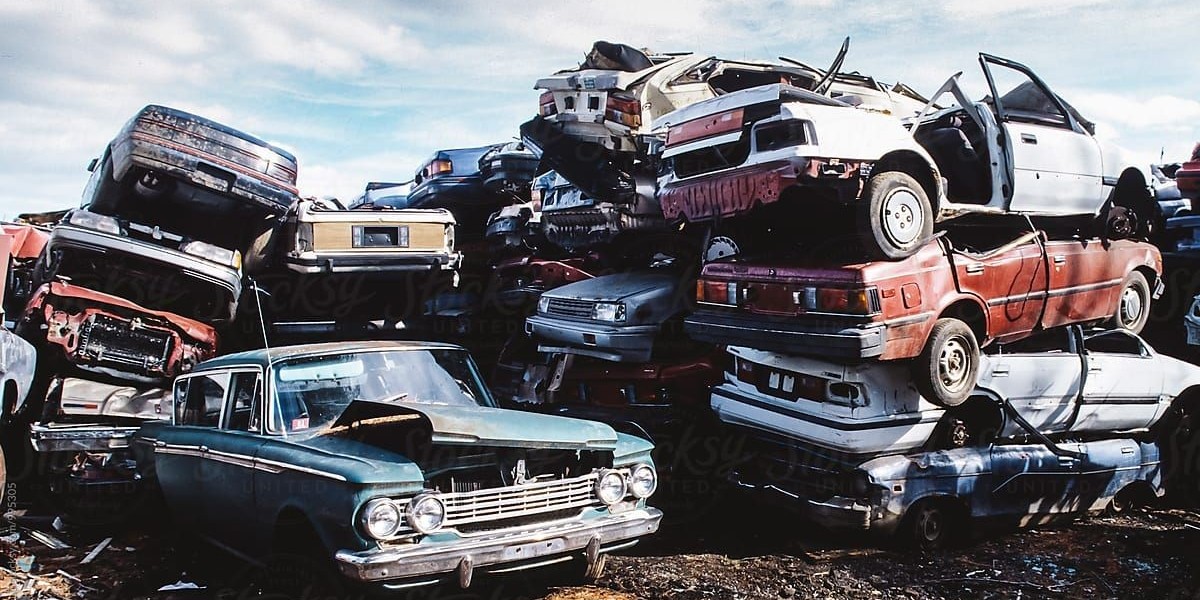Introduction:
Car junkyards, often overlooked and misunderstood, play a crucial role in the life cycle of automobiles. These places are more than just final resting grounds for old and damaged vehicles; they are hubs of recycling, salvage, and a treasure trove of spare parts. In this article, we delve into 13 things about car junkyards that may surprise you, shedding light on the significance of these seemingly forgotten spaces.
1. Auto Graveyards as Recycling Centers:
Car junkyards are essentially massive recycling centers. When a vehicle reaches the end of its life, a significant portion of it can be recycled. Junkyards dismantle these cars, salvaging valuable materials such as metal, glass, and rubber. This not only reduces the environmental impact of automotive waste but also contributes to the circular economy.
2. Treasure Troves of Spare Parts:
Car junkyards are a haven for auto enthusiasts and DIY mechanics. Instead of buying expensive new parts, individuals can scour junkyards for affordable, second-hand components in good condition. This not only saves money but also reduces the demand for new manufacturing, aligning with sustainable practices.
3. Environmental Impact of Salvaging:
Salvaging parts from junked cars significantly reduces the need for new production. Manufacturing new auto parts involves energy-intensive processes, contributing to pollution and resource depletion. Salvaging from car junkyards is a more eco-friendly alternative, as it promotes reuse and minimizes the need for additional manufacturing.
4. Recycling Fluids and Hazardous Materials:
Car junkyards are equipped to handle the disposal of hazardous fluids found in vehicles, such as motor oil, transmission fluid, and brake fluid. Proper disposal of these substances is critical for preventing environmental contamination. Junkyards follow strict protocols to ensure the safe handling and disposal of such materials.
5. The Role of Auto Wreckers:
Auto wreckers are skilled professionals who play a crucial role in the dismantling process within junkyards. Their expertise allows for the efficient removal of reusable components, ensuring that salvageable parts are extracted with precision. Auto wreckers contribute to maximizing the value of a junked vehicle.
6. Car Junkyards as Time Capsules:
Walking through a car junkyard can feel like stepping back in time. These yards often house vehicles from various eras, offering a nostalgic glimpse into automotive history. Vintage cars, obsolete models, and remnants of bygone eras coexist in these yards, creating a unique and historical atmosphere.
7. Global Impact on the Used Parts Market:
Car junkyards are not limited to a local or regional impact; they play a significant role in the global used parts market. Spare parts salvaged from junkyards can find their way to various corners of the world, providing affordable alternatives to consumers and repair shops globally.
8. Hub for Auto Recycling Innovations:
Car junkyards are hotbeds for innovation in auto recycling. As the industry evolves, these spaces become testing grounds for new technologies and methodologies aimed at improving the efficiency and sustainability of the recycling process.
9. Supporting the Circular Economy:
The circular economy model emphasizes the reuse and recycling of materials to minimize waste. Car junkyards embody this concept by salvaging, recycling, and repurposing components, contributing to a system where resources are used more efficiently.
10. Artistic Potential:
Some car junkyards have inspired artists to create unique pieces from the discarded remains of vehicles. Old car parts can be repurposed into sculptures, furniture, or other forms of art, showcasing the creative potential within these seemingly forgotten spaces.
11. Impact of Scrap Metal Prices:
The economic dynamics of car junkyards are influenced by the prices of scrap metal. When metal prices are high, junkyards may experience increased demand as the value of recycled materials rises. Conversely, during periods of low metal prices, the industry may face challenges.
12. Legal and Environmental Compliance:
To operate, car junkyards must adhere to strict environmental and legal regulations. These regulations ensure that the dismantling and disposal processes are carried out responsibly, preventing pollution and protecting the surrounding ecosystem.
13. Potential for Education and Outreach:
Car junkyards have the potential to serve as educational resources for schools and communities. Visits to these yards can provide valuable insights into recycling processes, environmental stewardship, and the importance of sustainable practices in the automotive industry.



